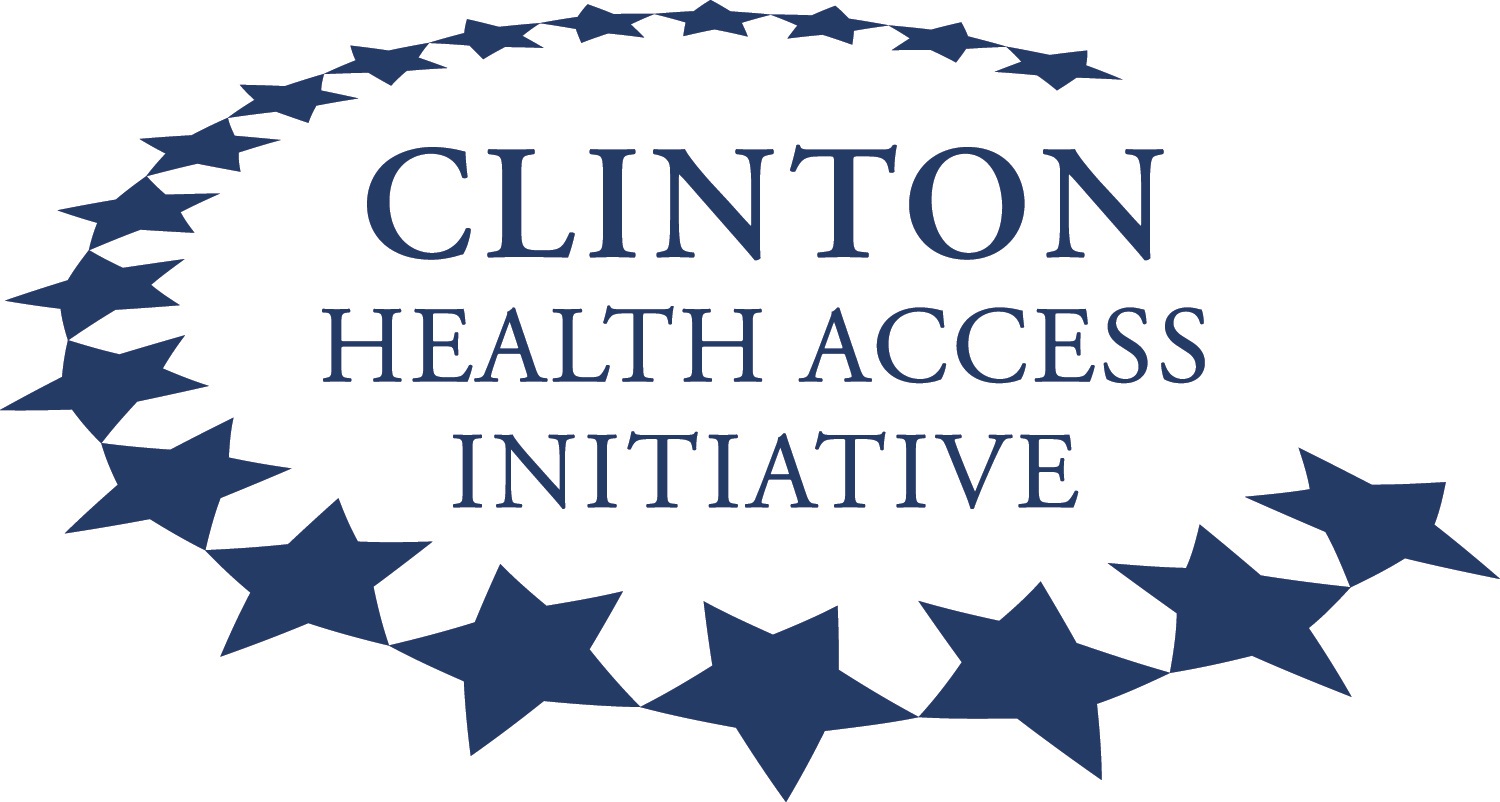 |
 |
London, 30 November 2016 – UNITAID and the Clinton Health Access Initiative (CHAI) today announced a three-year project to speed the introduction of new, optimal HIV drugs, and make them more available and affordable. The US$34 million investment is expected to be a boon for adults and children living with HIV who receive treatments that are not effective. In addition, 18 million people who do not receive any treatment stand to benefit from this project.
“This is a big step towards ensuring that 90 percent of those diagnosed with HIV receive antiretroviral therapy by 2020,” said UNITAID’s Executive Director Lelio Marmora. “This investment reinforces our commitment to make more effective medicines available that have fewer side effects and are better tolerated by people living with HIV.”
UNITAID’s investments aim to catalyse innovation and bring more effective and affordable ways to diagnose and treat HIV, tuberculosis and malaria to the global response to these diseases.
The World Health Organization (WHO) estimates that by expanding the use of antiretroviral therapy, almost 600,000 deaths can be averted per year by 2020. The project will help to bring medicines more quickly to the market and identify ways to reduce manufacturing costs. It will also generate demand and uptake for these medicines through interventions in 11 countries – Benin, Cambodia, Cameroon, Kenya, Malawi, Nigeria, Senegal, South Africa, Togo, Uganda, and Zimbabwe.
“By accelerating access to optimal and cost-effective antiretroviral drugs, this innovative project aims to drive savings of US$1.6 billion through 2024. Patients are more likely to stick to their treatments when they are effective and have few side effects,” said CHAI Chief Executive Officer, Ira Magaziner.
The medicines include those that have been identified by WHO as priority antiretroviral (ARV) medicines that are durable, tolerable to patients, and easy to take. Examples include: lower-dose efavirenz 400 mg (EFV400), darunavir/ritonavir (DRV/r) and dolutegravir (DTG).
The CHAI-UNITAID Optimal ARV project will be a highly collaborative endeavour, coordinating with partners including the World Health Organization, the Global Fund, the United States President’s Emergency Plan for AIDS Relief, Chemonics, USAID’s Project OPTIMIZE and its implementers, Medicines Patents Pool, Drugs for Neglected Diseases initiative, ministries of health, suppliers, regulatory agencies, civil society including the African Community Advisory Board, and many others.
In addition, UNITAID today announced four new research grants with the Institut Bouisson Bertrand/National Agency for Research on AIDS and Hepatitis, University of Liverpool, University of New South Wales, and Wits Reproductive Health and HIV Institute (WRHI). These grants will gather evidence on the use of new priority antiretroviral regimens for first- and second-line therapy in developing countries.
The new initiatives are the latest in a series of investments by UNITAID to improve treatment for people living with HIV. An earlier project with CHAI brought down prices of second-line antiretroviral therapy by up to 60 percent and got more people on treatment. Even though 18 million people are currently on treatment, which is double the number five years ago, 1 million people still die of HIV-related illnesses.
###
About UNITAID
UNITAID finds new and better ways to prevent, test and treat HIV, tuberculosis and malaria quickly and more affordably. It takes game-changing ideas and turns those into practical solutions that can help accelerate the end of the three diseases. Established in 2006 by Brazil, Chile, France, Norway and the United Kingdom, UNITAID plays an important part in the global effort to defeat HIV, tuberculosis and malaria.
For more information, please visit: www.unitaid.org
Follow UNITAID on Twitter and Facebook
About Clinton Health Access Initiative, Inc. (CHAI)
CHAI is a global health organization committed to strengthening integrated health systems and expanding access to care and treatment in the developing world. CHAI’s solution-oriented approach focuses on improving market dynamics for medicines and diagnostics; lowering prices for treatment; accelerating access to lifesaving technologies; and helping governments build the capacity required for high-quality care and treatment programs.
For more information, please visit: www.clintonhealthaccess.org
For more information contact:
Andrew Hurst, UNITAID, Tel: +41795616807, hursta@unitaid.who.int
Regan Lachapelle, CHAI, Tel: + 1857-208-2788, rlachapelle@clintonhealthaccess.org





